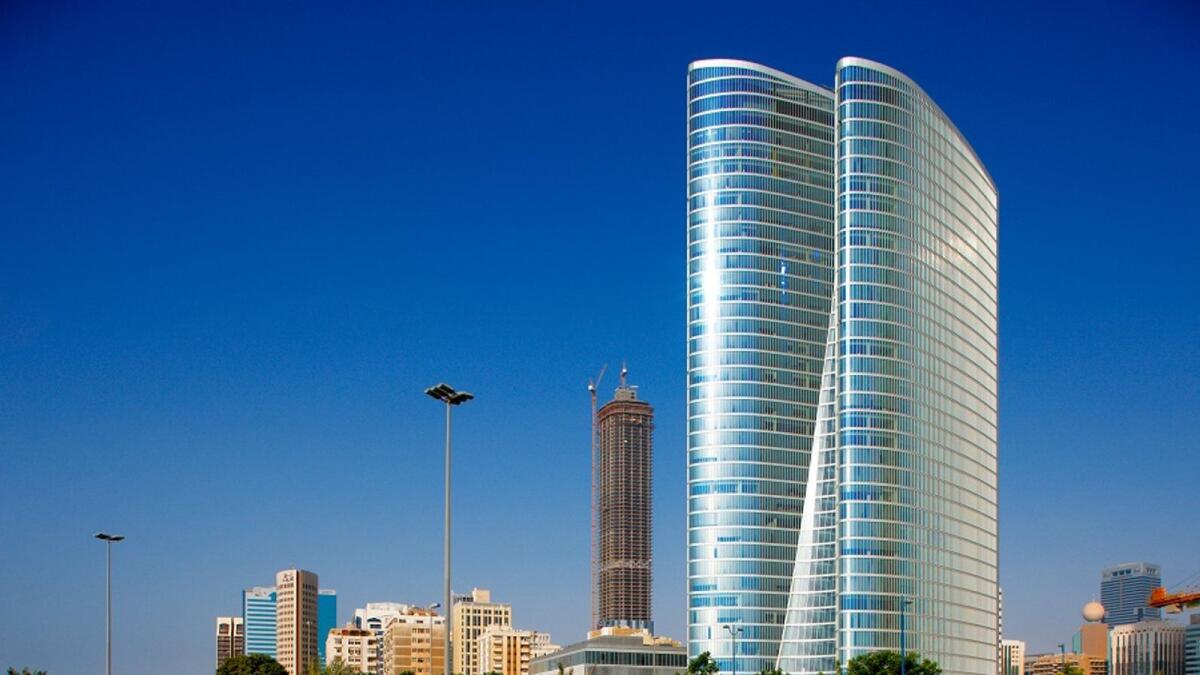Sovereign wealth funds (SWFs) from the Gulf Cooperation Council (GCC) countries, including the United Arab Emirates (UAE), are poised to have a significant impact on European and global mergers and acquisitions in the coming years. Five SWFs from the GCC, namely Abu Dhabi Investment Authority (Adia), Mubadala, ADQ, Public Investment Fund (PIF) from Saudi Arabia, and Qatar Investment Authority (QIA), are among the top players looking to increase their involvement in overseas M&As, particularly in capital-intensive projects. These SWFs are also placing a growing emphasis on environmental, social, and governance issues, specifically energy transformation.
The region’s largest SWFs collectively manage nearly $4 trillion in assets, with Adia, Kuwait Investment Authority, PIF, and QIA leading the pack. Over the past decade, European deals involving SWFs from the Middle East have been on the rise, with significant transactions worth billions of Euros taking place. SWFs from the Middle East have historically been limited partners in funds managed by other investors but are now enhancing their investment capabilities, paving the way for increased participation in European and global M&As in the future.
In 2023, SWFs played a major role in dealmaking activities in the Middle East, despite a decrease in overall market activity due to challenging macroeconomic conditions. These funds accounted for a substantial portion of the total value of mergers and acquisitions in the region, highlighting their importance in the investment landscape. As the global economy continues to evolve, sovereign wealth funds are at the forefront of reshaping the economic future of the Middle East by diversifying beyond oil, focusing on sustainable growth and prosperity.
Investment experts believe that Middle Eastern countries, with their surplus funds and diversified economies, are becoming key players in the global economy. SWFs from the region are expected to shift towards sustainable investments, alongside investments in healthcare, infrastructure, and cutting-edge technologies. This strategic move will not only reduce the region’s reliance on oil but also generate alternative sources of income for regional economies while establishing a strong global presence in sustainable investment practices.
Overall, the increasing involvement of GCC SWFs in global M&As signals a shift towards a more diversified investment strategy focused on sustainability and economic prosperity. As these funds continue to expand their investment programs and enhance their capabilities, they are set to play a crucial role in driving future economic growth and development, both regionally and internationally. The global landscape is evolving, with SWFs from the Middle East poised to lead the charge in reshaping the economic future and contributing to sustainable investment practices worldwide.











